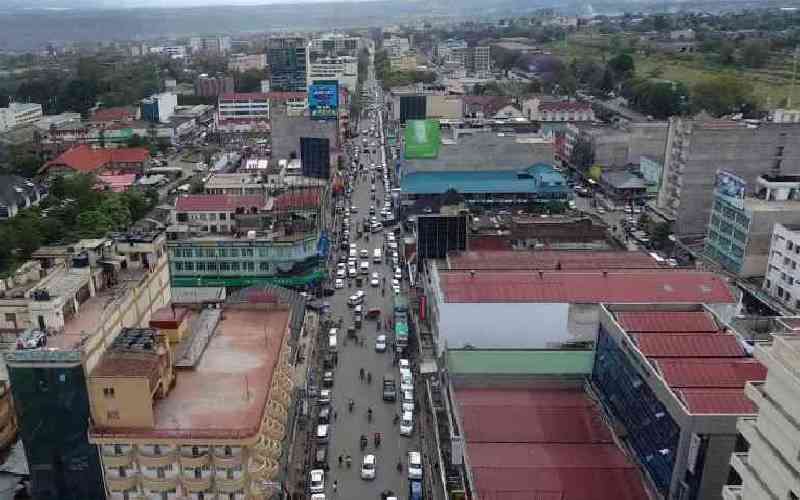×
The Standard e-Paper
Fearless, Trusted News

When white settlers began their operations in Kenya, they set up key establishments that played a pivotal role in transforming the economy.
Today, some of the companies, with their bases in Nakuru, are a pale shadow of themselves. They either have a skeleton staff or have shut down.